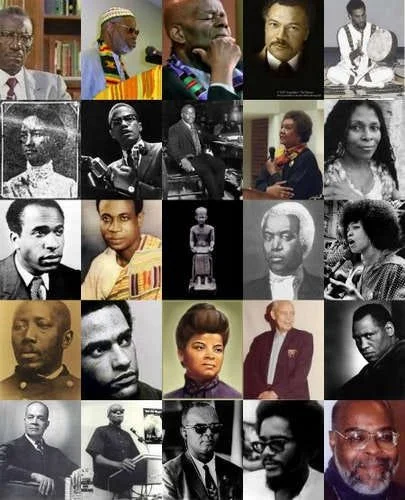The historical specialization in "Race, Power, and Politics" provides the necessary context for understanding modern geopolitical dynamics in Africa and the Diaspora. This rigorous pursuit has granted me advanced research capabilities, deep contextual knowledge, and expertise in civil rights movements.
While my historical training has provided the tools to analyze the origins of such conflicts—tracing the legacies of colonialism, nationalism, and power dynamics—it has become increasingly clear that solely studying the past is insufficient for addressing present and future crises. Witnessing these contemporary events unfold has instilled in me a pressing need to move from historical analysis to proactive engagement.
Race, Power, and Politics
At the core of my scholarly passion is a dynamic exploration of Race, Power, and Politics, where the legacies of empire cast long shadows yet also illuminate the nuanced narratives of resistance that history often overlooks. I delve into the rich tapestry of voices—those unsung heroes and bold activists—who have relentlessly pushed for equality and justice across generations. By engaging with these complex intersections, I offer vibrant, insightful perspectives that challenge dominant historical narratives and empower students, researchers, and communities to understand the past’s impact on present struggles. Whether through tutoring, public history projects, or mentorship, I bring this passion to life with a quirky, approachable style that transforms learning into an exciting journey of discovery and change.
Teaching Philosophy
My teaching philosophy centers on spreading knowledge in college and university settings by fostering curiosity, dialogue, and idea exchange. I value structured learning with high standards and clear goals, tailored to diverse student needs while maintaining rigor. I incorporate the latest research in cognitive science and pedagogy to enhance outcomes. Collaborative, active learning through discussions, group work, and real-world tasks supports varied learning styles and critical thinking. Ultimately, I aim to create an evidence-based, engaging environment that empowers students to succeed and love learning.

